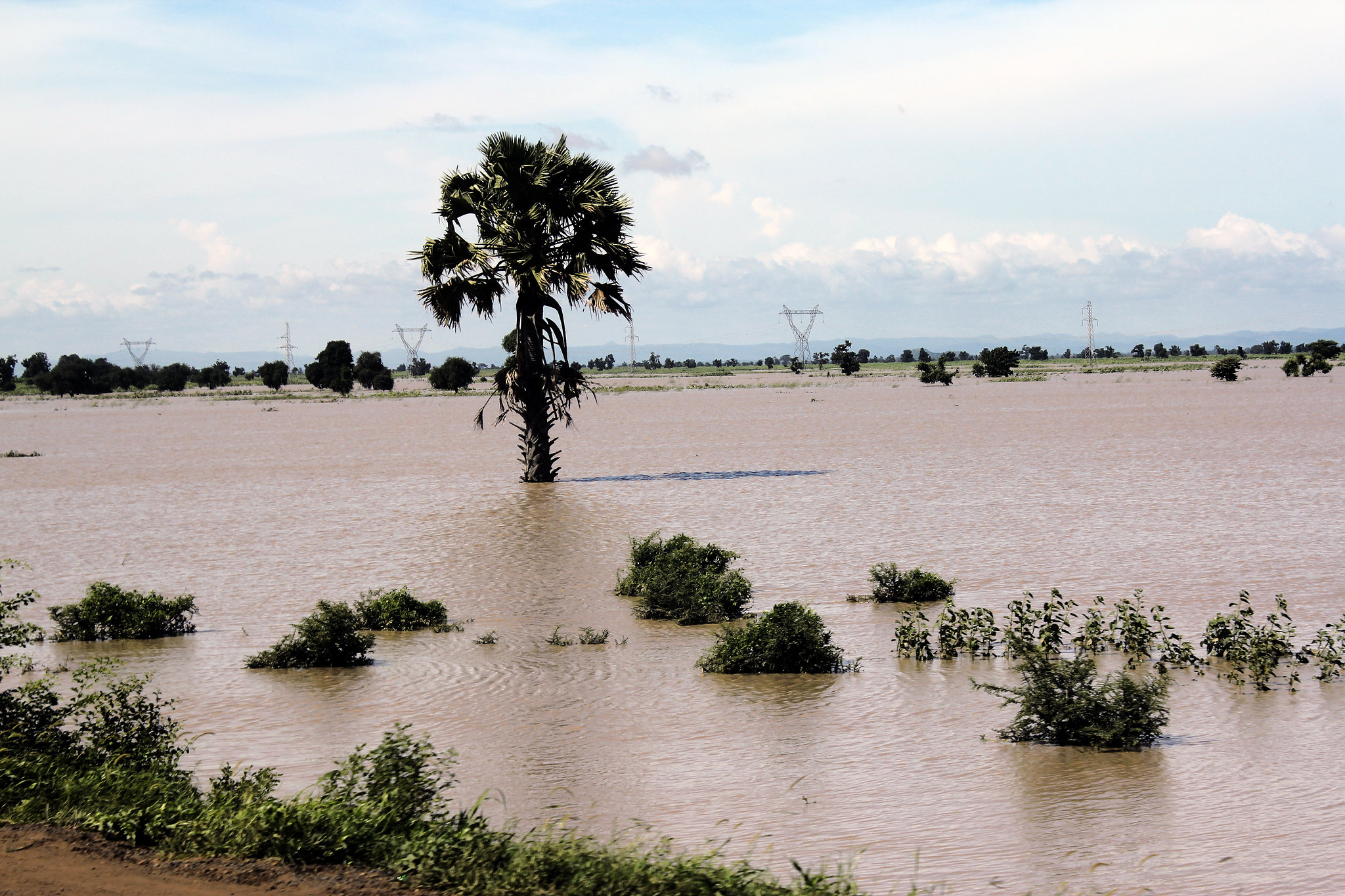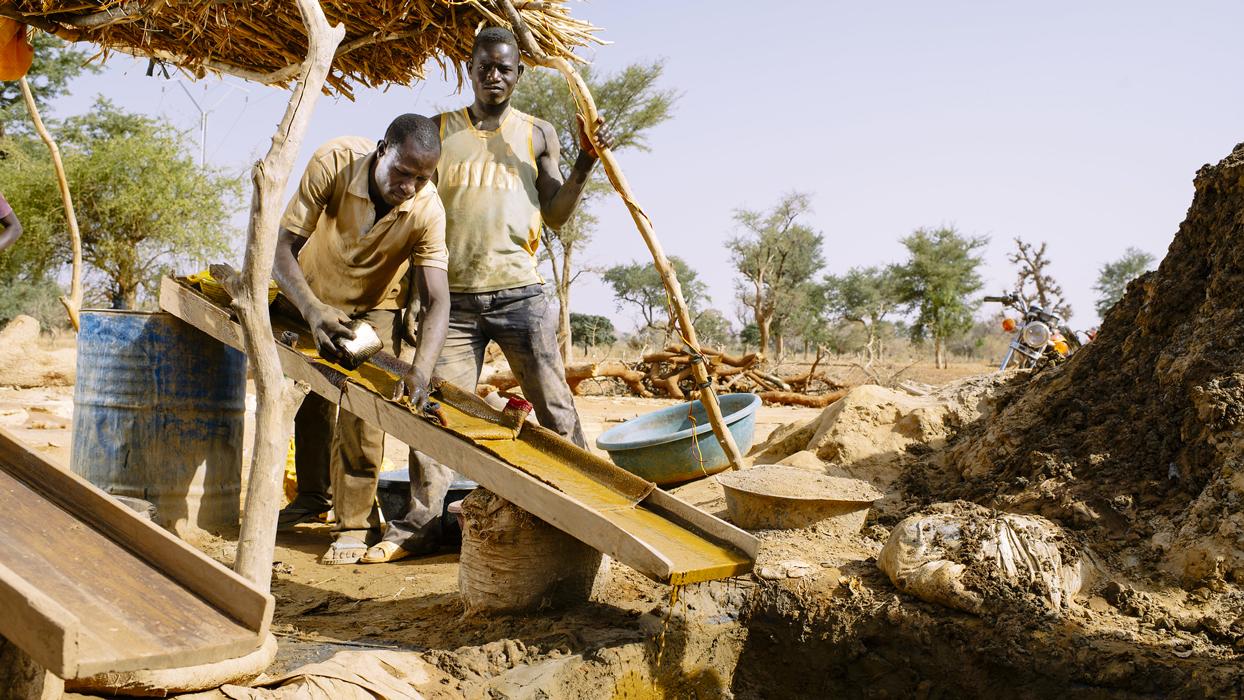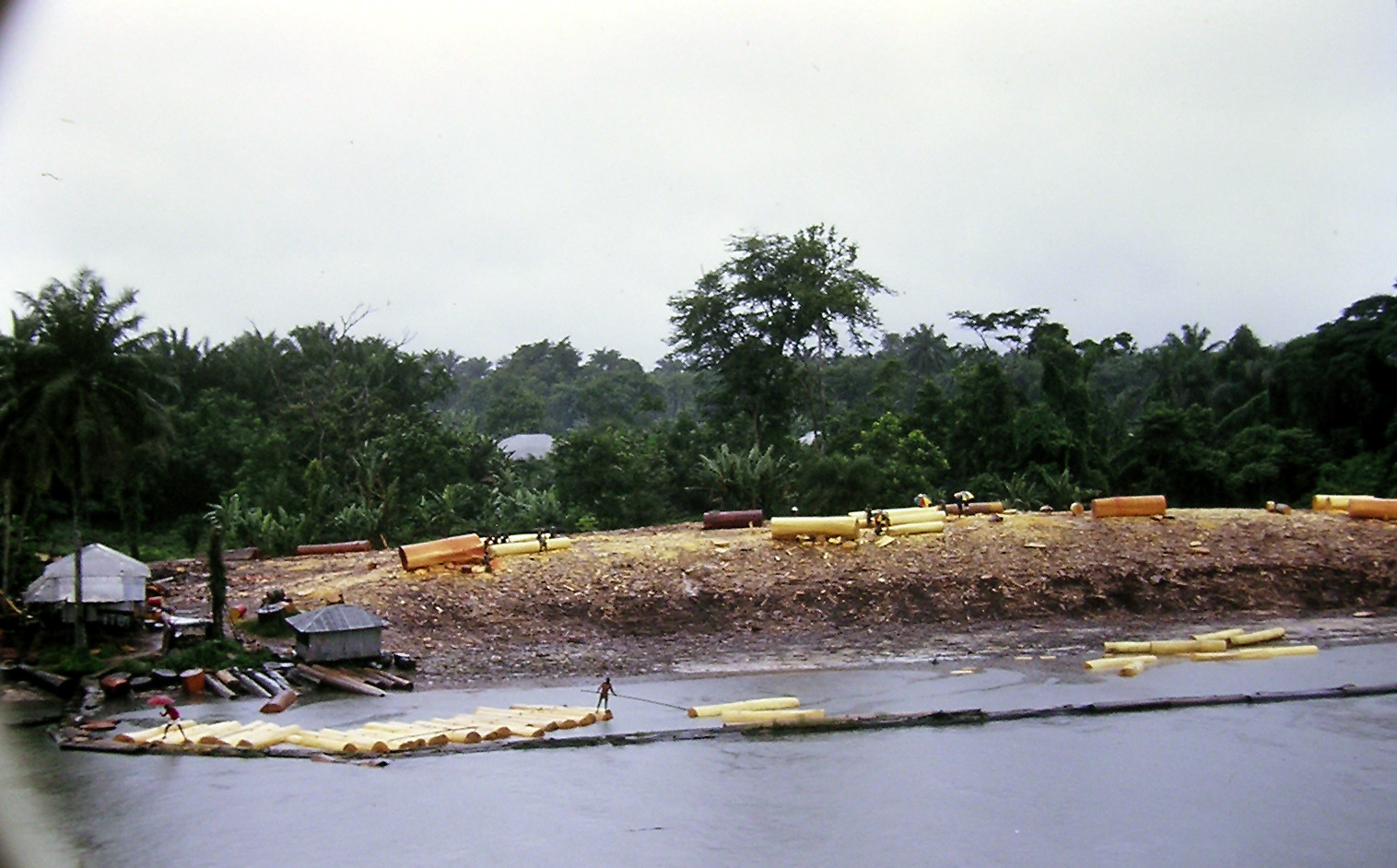Extractive industries have a long history of corruption and poor governance. Fighting corruption in the supply chains necessary for vital energy transition industries will be crucial in the fight against climate change, writes Uche Igwe.
Natural resources generate large volumes of revenue and profits, but they provide fertile ground for corruption. According to the OECD, the extractive industries are among the highest-risk areas of business and account for one in every five cases of transnational bribery. Corruption risks occur at every link of the chain; awarding contracts, the acquisition of licenses, bloated budgets, and tax avoidance, are among the forms of illicit practices prevalent in the industries. According to the International Monetary Fund (IMF), governments in sub-Saharan Africa lose between £360 and £588 million per year in corporate income tax revenue due to profit shifting by multinational companies. Although transfer pricing may not be illegal, it does harm local government revenue.
There are instances where extractives companies heavily influence policymaking and, at times, capture specific government regulatory institutions, which consequently turn a blind eye to their questionable practices. Unsustainable exploitation of natural resources can destroy the environment, depriving people of their livelihood.
Soaring demand for metals and corruption risks
The mining sector is critical to the efforts to fight climate change and improve energy access, particularly among the poor and vulnerable. Low-carbon technologies rely heavily on certain minerals such as copper and cobalt which puts increased demand on the mining sector and makes it more susceptible to corruption. The International Energy Agency estimates that meeting Paris Agreement climate change targets will require a quadrupling of the production of the minerals used in low-carbon technologies. Demand for some of the minerals could rise as high as thirty times above current levels by 2040. Reports indicate that it could take as long as sixteen years to meet current demand.
Such a mining boom presents a multitude of corruption risks that could harm communities and the environment. Governments are expecting an increase of applications for mining licenses. Under such circumstances, companies may be tempted to offer bribes, speed payments, and facilitation fees. Regulatory agencies may be put under pressure to cut corners on environmental and social safeguards as well as due diligence to meet demand. Many of the large reserves of transition minerals are found in countries that rank poorly on Corruption Perception Index.
Africa’s mineral wealth exists alongside poverty
That Africa is rich in natural resources is not in doubt. The continent is the home of 30 per cent of the world’s mineral resources, 8 per cent of the world’s natural gas, and 12 per cent of the world’s oil reserves. The continent is rich in copper and cobalt, two of the transitional minerals that the world needs in vast quantities to transition to cleaner energy resources. Zambia has 6 per cent of the world’s copper reserves, an essential mineral for electrification, and more than 60 per cent of the world’s cobalt reserves – an essential mineral for the manufacture of batteries for electric cars, computers, and cell phones – is held in the Democratic Republic of Congo.
Despite these huge endowments, poverty has persisted in the continent because of mismanagement, weak governance, and rampant corruption. The revenue generated from these natural resources is misspent, lost, and leaked such that it does not sufficiently impact development amongst the people who need it most. For example, Nigeria is rich in natural resources yet still grapples with energy challenges. The country has abundant but largely untapped renewable energy resources.
The recent mining history across many resource-rich developing countries, especially in Africa, conjures a picture of injustice, child labour, and conflict often linked to multinationals collaborating with the elite at a huge price to the communities. Hunger for minerals rather than drive development stokes conflict and deepens poverty. Although countries like the Democratic Republic of Congo have mineral wealth that can help the world, more than 60 million Congolese live on less than £1.70 per day.
Bribery in the fossil fuel industry
Bribery has become endemic in the fossil fuel industry. Halliburton, the United States energy giant, was involved in a £146 million bribery scandal after it allegedly paid Nigerian officials to secure a £4.8 billion contract to build one of Nigeria’s Liquefied Natural Gas plants. In June 2017, Addax reached an agreement to pay 31 million Swiss Francs in fines in Geneva, Switzerland, to settle the charges of bribery schemes allegedly also carried out in Nigeria. Recently Glencore, an Anglo-Swiss mining and trading company, was forced to pay penalties amounting to millions of US dollars after admitting to bribery, sustained criminality and misconduct in many developing countries, including five countries in West Africa.
Corruption in mineral supply chains threatens a just energy transition and risks derailing efforts to fight climate change.
The global fight against climate change depends largely on the ability to scale up low-carbon infrastructure. Yet corruption can alter the mineral supply chains by undermining safeguards to communities and the environment, redirecting money into private hands, and causing delays and disruptions to the production of minerals that the world needs urgently.
Vested interests in fossil fuels continue to stand in the way of a greener future for the world. In recent COP conferences both in Glasgow and Sharm el-Sheikh, representatives from corporate interests lobbying for fossil fuel outnumbered those from African countries whose communities are affected by the climate crisis. The private sector is an essential factor in the energy transition. Yet, the consistent increase in industry delegates to high-level climate conferences such as COP speaks to the level of access and influence of polluting interests into the policymaking arena and a potential infiltration with their agenda.
A new African vision for energy transition is needed
There is little disagreement that the world needs to urgently transition to a just, inclusive, and sustainable energy future. The World Bank estimates that the production of transition minerals could increase by nearly 500 per cent in 2050 to meet the growing demand for clean energy technologies. The ever increasing demand for minerals and metals could create economic opportunities for resource-rich developing countries with vast mineral deposits and inexplicable governance challenges. This means that in the future the mining sector must be managed differently to minimise its social, environmental and climate footprints.
The ongoing debate is about how to get there without creating more injustice, especially in poor countries and vulnerable communities where people tend to suffer more because of climate change and environmental degradation. Unless corruption is systematically tackled in the mineral supply chains, the pathway to energy transition may be threatened sufficiently to derail the global fight against climate change.
Photo credit: jbdodane used with permission CC BY-NC 2.0





